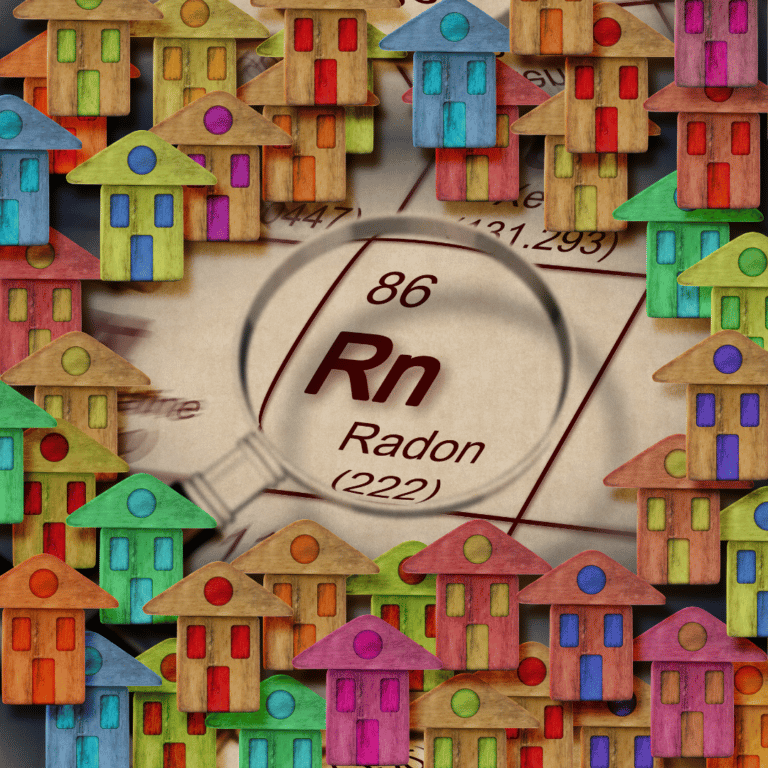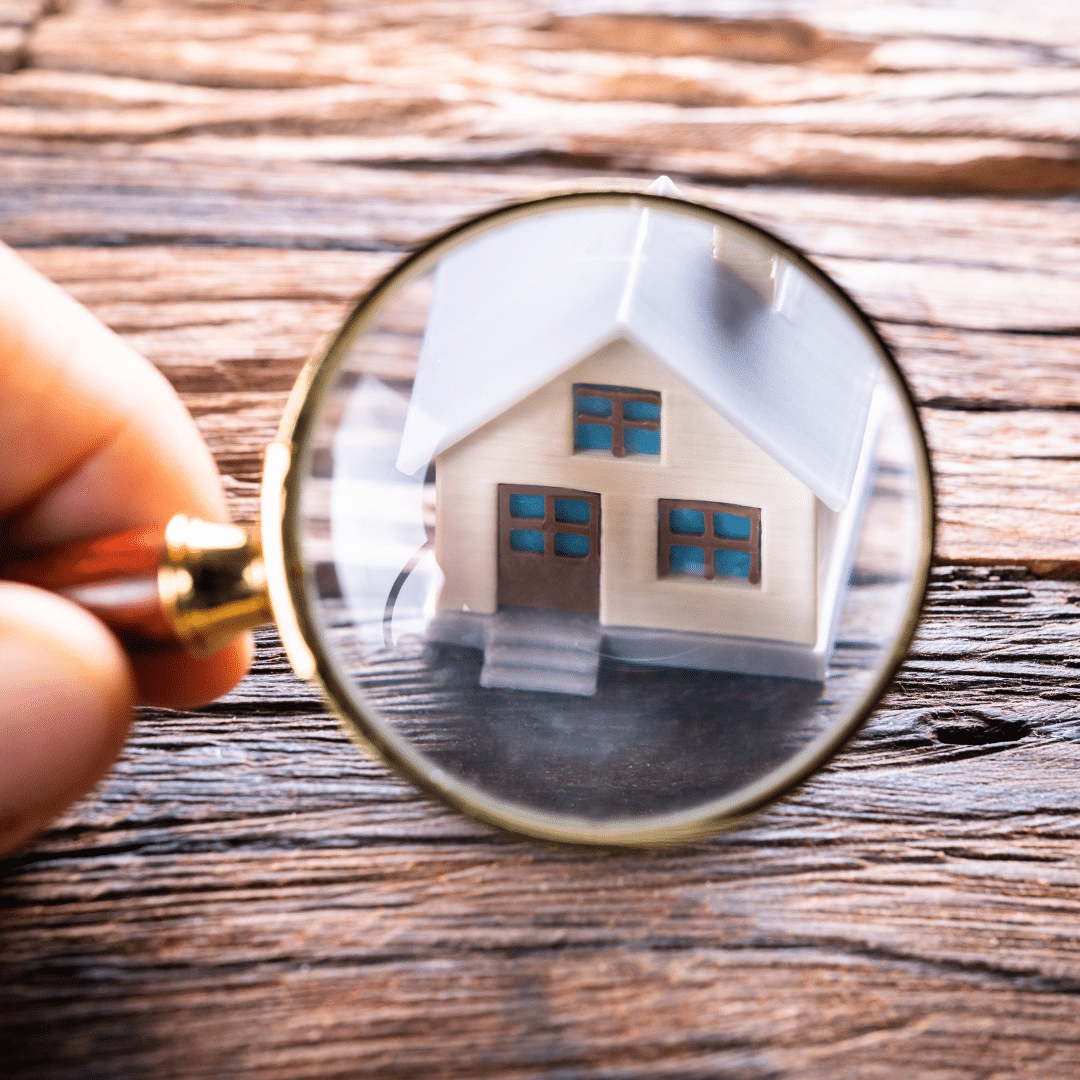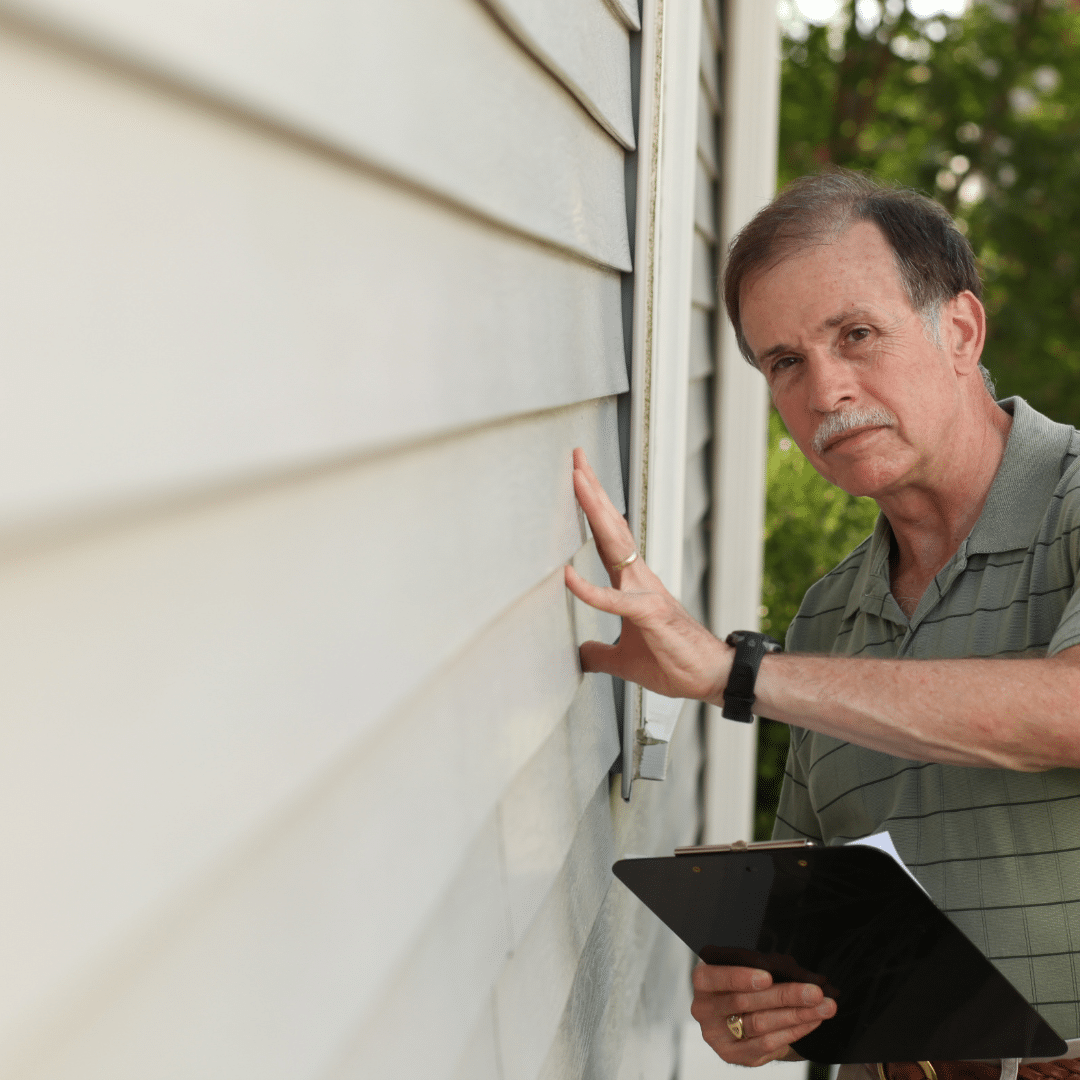Did you know that the amount of radon in homes shifts throughout the year? Levels are particularly problematic in cold weather. That’s why getting El Paso County radon inspections in the winter is crucial.
Radon gas is a naturally occurring radioactive by-product of uranium decay. It can leak into homes through plumbing and small cracks in the foundation. Because the gas is colorless and odorless, testing is the only way to know if your home has radon. Unfortunately, radon is often present at higher levels in the winter months, as the cold weather can cause the gas to become more concentrated. In addition, the lack of ventilation that often occurs in homes during the winter leads to higher radon concentrations in your home. Therefore, it’s necessary to test for radon throughout the year, especially in winter, as prolonged exposure to high gas levels can harm your health.
El Paso County Radon Inspections
A professional home inspector who is licensed through the state of Colorado can use specialized equipment to accurately test radon levels in your home. Certified radon home inspectors are dedicated to helping El Paso County residents understand and manage the risk of this poisonous gas. If high radon is detected, inspectors can recommend a radon mitigation system to reduce the gas levels and make your home safer for you and your family. They also offer guidance on reducing the risk of future radon exposure.
Radon is Higher in Winter
Radon gas levels tend to be higher in the winter months for several reasons. For starters, gas is denser at lower temperatures because the molecules move more slowly and take up less space. In addition, snow and ice create a barrier above the soil that traps radon gas underground, making cracks in your foundation the path of least resistance.
Ventilation and Heating
The envelope that keeps warm air in your home also holds radon gas. In winter, we keep our doors and windows closed to retain heat. Unfortunately, this lack of ventilation means the radon stays around. Likewise, heating your home causes warm air to rise, creating an interior pressure difference, called the stack effect, that brings up colder air from beneath the house. The stack effect creates a vacuum that pulls more hazardous gas from the soil.
Radon Monitoring and Mitigation
Monitoring and remediation of radon gas are essential for the safety of many Colorado homes. Since radon changes with the seasons, homeowners should have a certified home inspector test several times a year to get a complete picture of their home’s radon situation. Likewise, A professional home inspector can use specialized equipment and techniques to perform continuous radon monitoring. This method provides a detailed and comprehensive understanding of radon levels over time, allowing the inspector to detect fluctuations and changes in radon levels. Continuous radon monitoring can help you make informed decisions about radon mitigation and prevention, ensuring the safety and quality of your home.
Does Colorado Springs have a radon problem?
The short answer is: yes. Radon levels are high throughout Colorado, especially in Colorado Springs and El Paso County. That’s because the granite in Pike’s Peak is particularly rich in uranium, releasing radon gas as it decays.
Professional Radon Inspector in El Paso County
El Paso County residents should get regular radon tests to protect their families from this hazardous gas. Jim has completed the NRPP or National Radon Proficiency Program course and is familiar with El Paso County radon levels and what to do about them. If your house has elevated levels, we can develop mitigation solutions that work for you. Call 719-491-1520 to schedule a radon test today!









